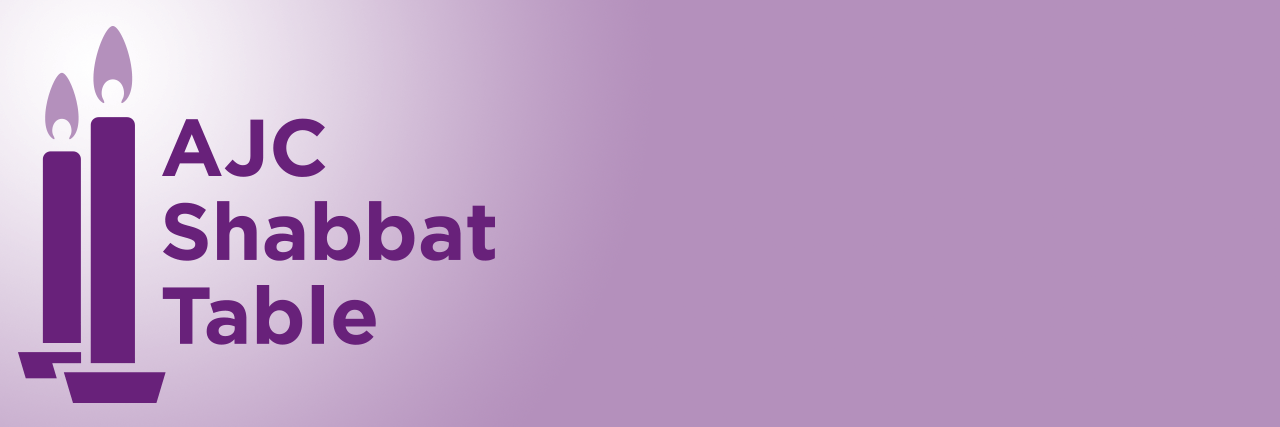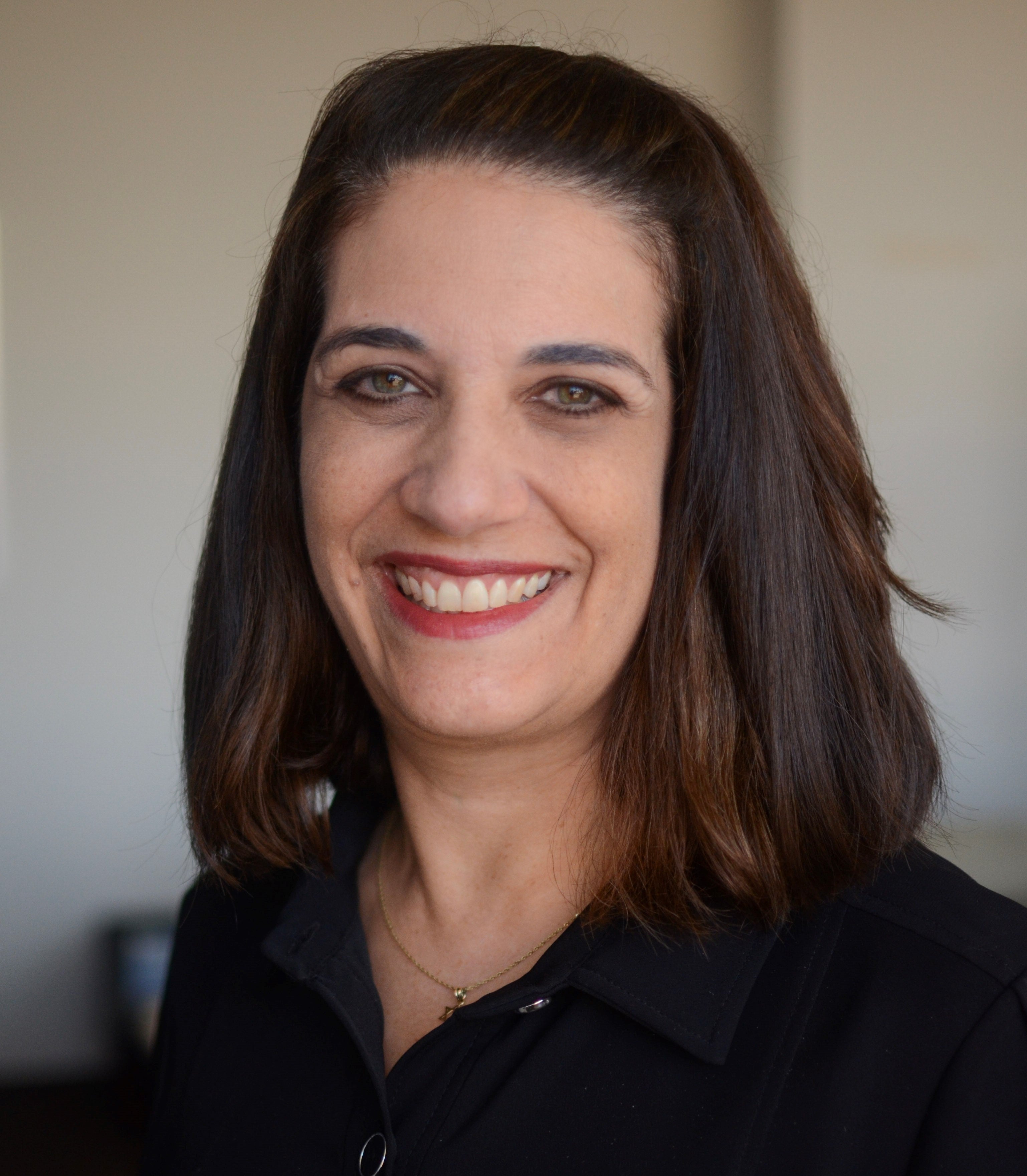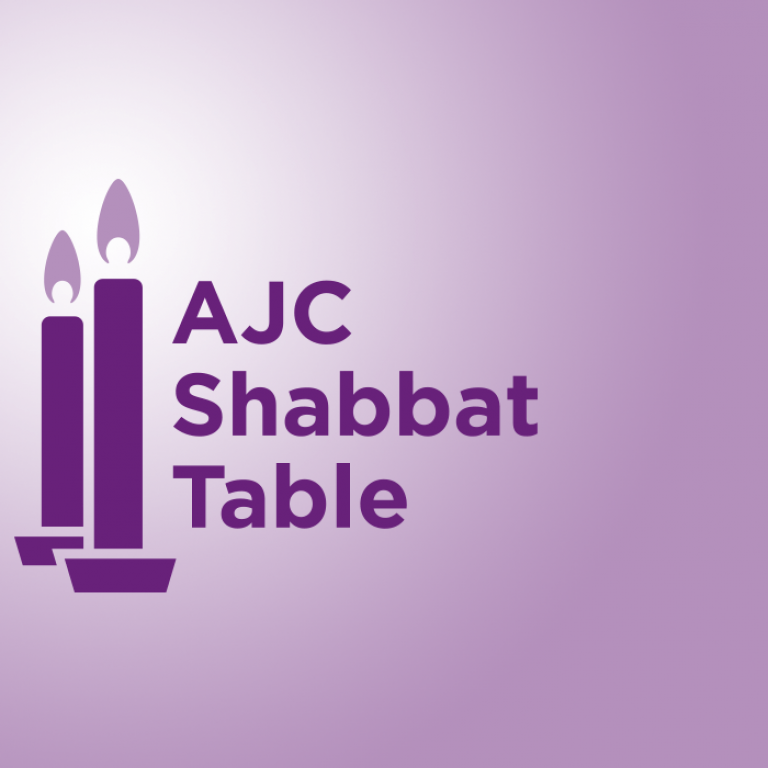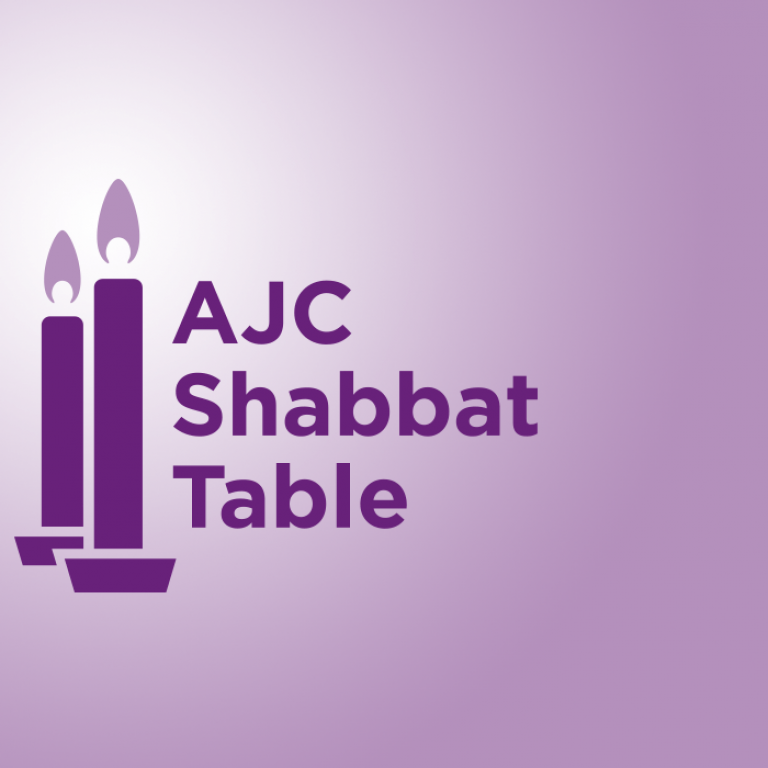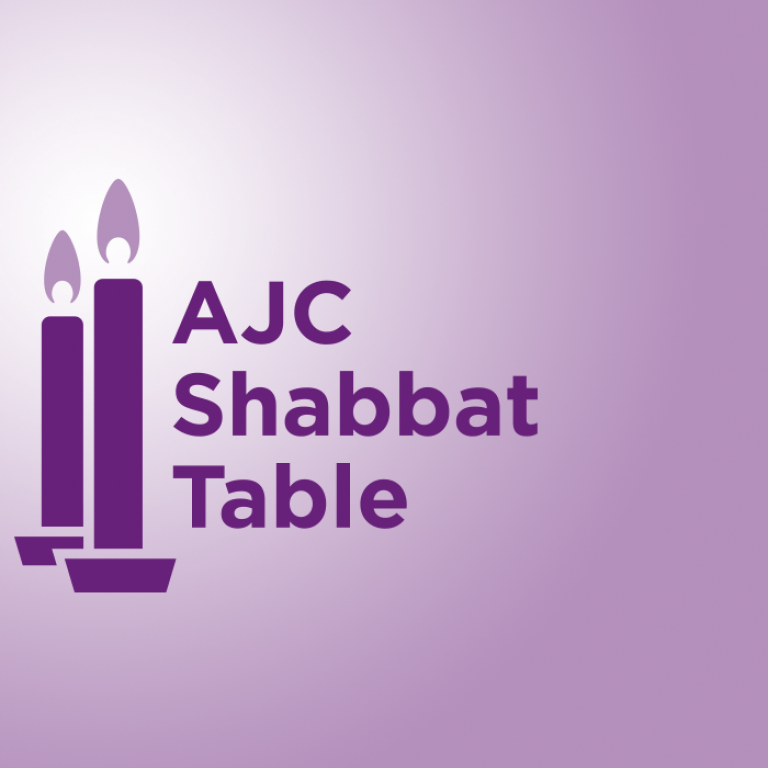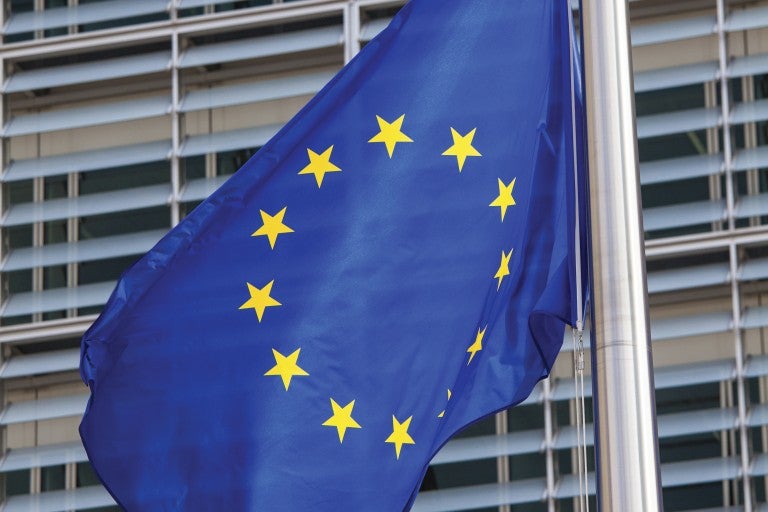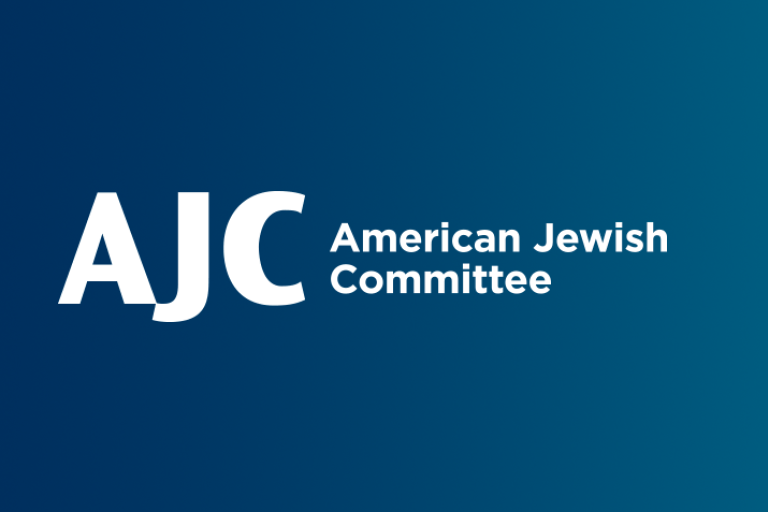February 19, 2021
This Shabbat: Parshat Zachor
The Shabbat before Purim has a special name: Shabbat Zachor - the Shabbat of Remembrance. On this Shabbat, Jews traditionally read a particular section of the Torah which reminds us of the ongoing enemies of our people:
Remember what Amalek did to you on your journey, after you left Egypt—how, undeterred by fear of God, he surprised you on the march, when you were famished and weary, and cut down all the stragglers in your rear. Therefore, when the LORD your God grants you safety from all your enemies around you, in the land that the LORD your God is giving you as a hereditary portion, you shall blot out the memory of Amalek from under heaven. Do not forget! (Deuteronomy 25:17-19)
There are three commandments in these verses: to remember, to not forget, and to blot out the memory of Amalek. It is a strange collection of commandments - repetitive and even contradictory. What meaning should we take from these odd verses?
Judaism is more than a religion. The Jews are a People. Even those of us who are not traditionally observant share something ineffable with one another. For millennia, what Jews shared was a sense of collective memory: a shared bank of memories, understanding, and knowledge about what it meant to be Jewish. As we prepared for and celebrated Passover, we “remembered” the bitterness of our slavery in Egypt. As we lit the Chanukiah, we “remembered” the triumph of the Maccabees over the Syrian Greeks. Our rituals ensured that our collective memory remained alive. And our collective memory tied us to one another and ensured our survival as a People into the future.
But modernity has weakened our collective memory. Most Jews today do not live in tight-knit Jewish communities in which we organically reenact our collective memories throughout the year. We despair over the weakening of Jewish identity. But at least part of the answer to our problems is right there in Parshat Zachor. Maintaining collective memory is a hands-on endeavor. It is not enough to “not forget.” We must actively remember through education and ritual.
And what of the command to blot out the memory of Amalek? How do we remember something and blot out the memory of it at the same time? Perhaps blotting out the memory of Amalek means refusing to allow our enemies to live “rent free” in our heads. By living rich and vibrant Jewish lives, we ensure that Judaism is not about surviving simply because our enemies wanted to destroy us. Rather, we foster the continuity of meaningful Jewish ideas that inform and elevate every aspect of our lives. As we read the special Parshat Zachor this Shabbat, let us think about the ways we can harness the power of collective memory and dynamic Jewish identity to ensure that Judaism continues into the future.
For Shabbat Table Discussion:
This week, we are introducing a few questions to spur conversation about the modern relevance of ideas from the weekly Torah portion.
- In his now iconic New York Times column, “The Stories That Bind Us,” Bruce Feiler makes the case for ensuring that our children know their family history. He writes that psychologists have found that the children who have the most self-confidence have “a strong ‘intergenerational self.’ They know they belong to something bigger than themselves.” What role might Jewish collective memory play in giving our children self-confidence?
- The Torah commands us to “remember” nearly 200 times! What are some of the other ideas and events that we are supposed to remember? Why do you think the Torah commands us to remember these particular things?
- Many scholars have explored the difference between history and memory. History is critical and based on documentary evidence. It attempts to be dispassionate and not agenda-driven. It is subject to revision as new sources of information about the past are unearthed and new theories about the study of history are created. Memory is identity-building and proudly agenda-driven. Its strength is its ability to remain largely unchanged and continuous. What roles should each play in building Jewish identity?
This Week in Jewish History
February 16, 1917 - The First Synagogue in Madrid since 1492 is Dedicated.
In 1492, King Ferdinand of Spain issued the Alhambra Decree that expelled all the Jews from Spain, ending centuries of Jewish life there. While there were periods in which Jews suffered tremendously in Spain, there were also periods, such as the “Golden Age of Spain,” during which Jews developed a uniquely rich and vibrant Spanish-Jewish culture and attained high status in Spanish society. The expulsion of Spanish Jews from Spain began the Sephardi Diaspora. Sephardi Jews settled in the Ottoman Empire, Northern Europe, and even the “New World.” They took their unique culture and their special language, Ladino, a blend of Spanish and Hebrew, with them. Unlike most other European nations that expelled their Jews in medieval and early modern times, Spain did not welcome Jews back into its borders in the seventeenth and eighteenth centuries. But, when the Spanish Constitution of 1859 finally legally overruled the Alhambra Decree, a few Jewish families, mostly from Western Europe, settled in Madrid. When World War I broke out, more Jews arrived in Madrid, seeking refuge from the destruction of their communities of origin. One of those Jews was the famous Zionist thinker and leader Max Nordau. Through the leadership of Nordau and others, a new Jewish community was organized in Madrid. In 1917, the first synagogue since 1492 was established there, the Midrás Abarbanel. While Jewish life in Spain has not yet returned to its former glory, the rebirth of Jewish communal life in Madrid is a testament to the survival of Judaism against all odds.
Shabbat shalom!
שבת שלום!
